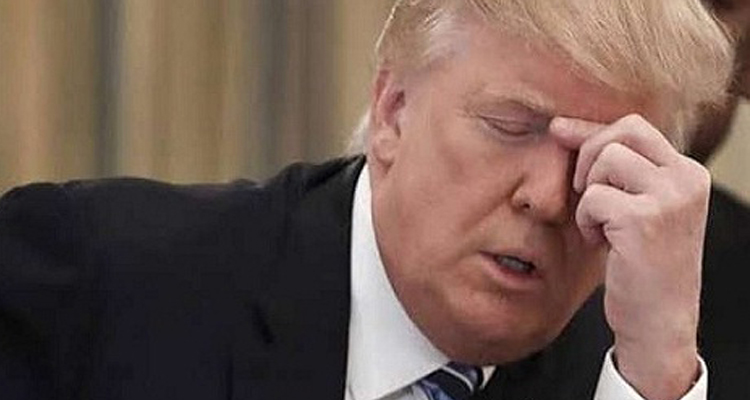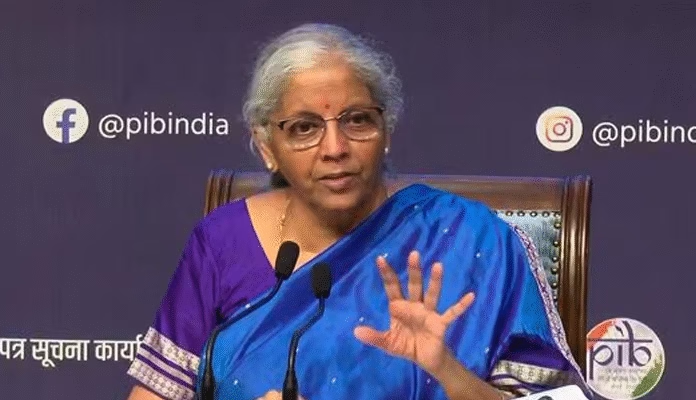
New York: A U.S. federal court has struck down former President Donald Trump’s sweeping global tariff policy, ruling that the administration overstepped its authority under emergency law. The Court of International Trade found that the International Emergency Economic Powers Act (IEEPA) does not permit the president to impose blanket tariffs on imports, as Trump did in April with his “Liberation Day” duties.
The three-judge panel emphasized that the Constitution grants Congress—not the president—the power to regulate foreign commerce, even during national emergencies.
Trump’s policy imposed a 10% base tariff on most imports, with elevated rates targeting dozens of countries, including close U.S. allies. The decision also nullified additional tariffs on China, Mexico, and Canada, which the administration had justified on drug and immigration concerns.
However, tariffs on goods like cars, steel, and aluminum remain intact, as they were enacted under separate trade statutes.
The White House has moved to appeal the ruling and requested a stay. The court gave 10 days to begin unwinding the tariffs, some of which have already been paused. The case was brought by the Liberty Justice Center and a coalition of 12 states led by New York.
Reaction was split. Deputy press secretary Kush Desai criticized the court, saying, “It is not for unelected judges to decide how to properly address a national emergency.” New York Attorney General Letitia James hailed the decision, stating, “No president has the power to single-handedly raise taxes.”
Markets responded positively, with U.S. and Asian stocks rising, though European indexes remained flat.
Analysts say the administration may now explore narrower tariff options under different trade laws, including those from 1930 or Trump’s first term, which require investigations and public review.
Trump’s April tariff plan had drawn international backlash, with allies and rivals alike protesting its scope. In court, officials argued the tariffs had geopolitical value, even helping ease tensions between India and Pakistan — a claim the judges rejected.
The ruling delivers a major legal setback to Trump’s trade legacy and curtails presidential powers to unilaterally reshape global commerce.



